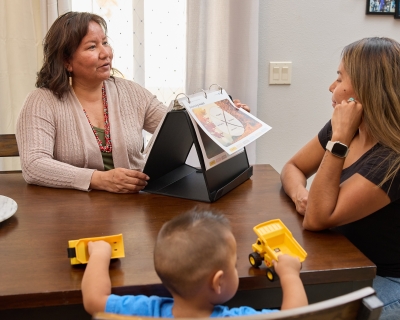Research

About our Research
Our studies highlight the need to integrate mental health services into established systems, including HIV care, and maternal and childcare services, to address gaps. Our research continues to highlight increasing evidence on the effectiveness of culturally adapted interventions and community-based approaches in improving mental health outcomes. Additionally, research is focusing on the impact of social determinants, such as poverty and conflict, on mental health, stressing the importance of addressing these factors for comprehensive mental health care.
Mental health research needs innovation that resonates globally. This means exploring interventions that can reach underserved populations, developing new models for supervision and consultation to enhance therapeutic outcomes, and continually striving for more inclusive and culturally sensitive practices. By pushing boundaries and collaborating across disciplines, we can cultivate a deeper understanding of mental health worldwide, ensuring our efforts translate into meaningful improvements in care and support for individuals everywhere.
Research Highlights


Strengthening Generations: How Family Spirit Strengths Transforms Mental Health in Tribal Communities
In Native communities across the U.S., a quiet revolution in mental health care is taking root—one that begins not in clinics, but in the home. Family Spirit Strengths, a groundbreaking initiative led by the Johns Hopkins Center for Indigenous Health, is transforming how support for mental health and substance use reaches Native families. Rooted in Indigenous knowledge, cultural connection, and community leadership, this innovative program integrates healing into everyday life through trusted home visitors who understand the unique strengths and challenges of their communities. More than a study, it’s a movement—redefining care in ways that are personal, empowering, and enduring.
